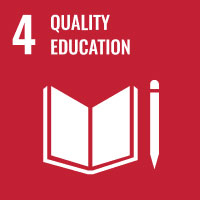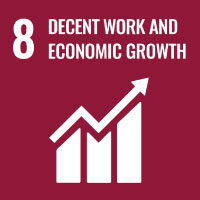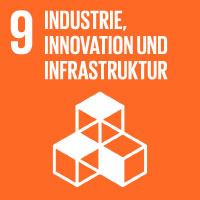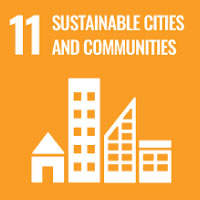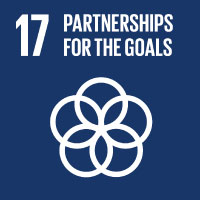- +1 (587) 325-0234
- info@icaset.in
- Chennai , India
Civil & Environmental Engineering
Session Overview
The Civil & Environmental Engineering session focuses on advancing innovative solutions for sustainable infrastructure, resilient urban planning, and environmental preservation. It will explore topics such as structural design innovations, water and waste management, green building technologies, transportation systems, and climate change adaptation strategies. The session aims to bridge the gap between engineering practices and environmental stewardship, fostering collaboration among researchers, industry experts, and policymakers to create infrastructure that meets societal needs while minimizing ecological impact.
Tracks
Topics of Interest for Submission include, but are not limited to:
1 Green Construction Materials and Technology
2 Construction Management
3 Material Engineering
4 Optimization and Innovation in Structural Design
5 Environmental Impact and Green Design
6 Local and Recycle Materials
7 Special Structures
8 Structural Dynamic and Earthquake Engineering
9 Structures in Severe Environment
10 Disaster Mitigation and Restoration
11 Water Conservation and Wastewater Management
12 Water Resource Engineering
13 Geotechnical Engineering
14 Tunnel Engineering
15 Transportation Engineering
16 Green Construction Materials and Technology
17 Environmental Impact and Sustainable Design
18 Water Purification and Waste Management Technologies
19 Smart Urban Planning
Session Speaker

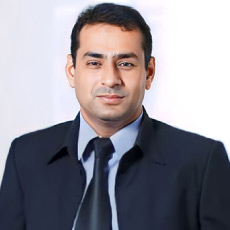
Prof. Dr. Ir. Mohammed Alias Yusof
Universiti Pertahanan Nasional
Malaysia
Malaysia.

Civil & Environmental Engineering is contribution to
The
Sustainable
Development Goals:
Goal 4: Quality Education
Goal 8: Decent Work and Economic Growth
Goal 9: Industry, Innovation, and Infrastructure
Goal 11: Sustainable Cities and Communities
Goal 17: Partnerships for the Goals
Scope of Participation – ICASET 2026
- Academics & Researchers : Present cutting-edge research, engage in interdisciplinary dialogue, and explore emerging trends that are shaping the global scientific and engineering landscape.
- Engineers & Technology Experts : Showcase advancements in engineering practices, innovative designs, and real-world applications that address complex technical and societal challenges.
- Industry Professionals & Innovators : Highlight industrial breakthroughs, applied research, and technology-driven solutions contributing to efficiency, sustainability, and economic growth.
- Environmental & Sustainability Advocates : Discuss eco-friendly innovations, sustainable infrastructure, and green technologies for building a cleaner, resilient future.
- Students & Early-Career Scholars : Present novel ideas, connect with experts, and gain valuable exposure to enhance both academic and career pathways.
The 5th International Conference on Advances in Science, Engineering & Technology (ICASET 2026) invites a diverse community of professionals, researchers, and innovators to share insights, foster collaborations, and drive transformative developments in science, engineering, and technology.


